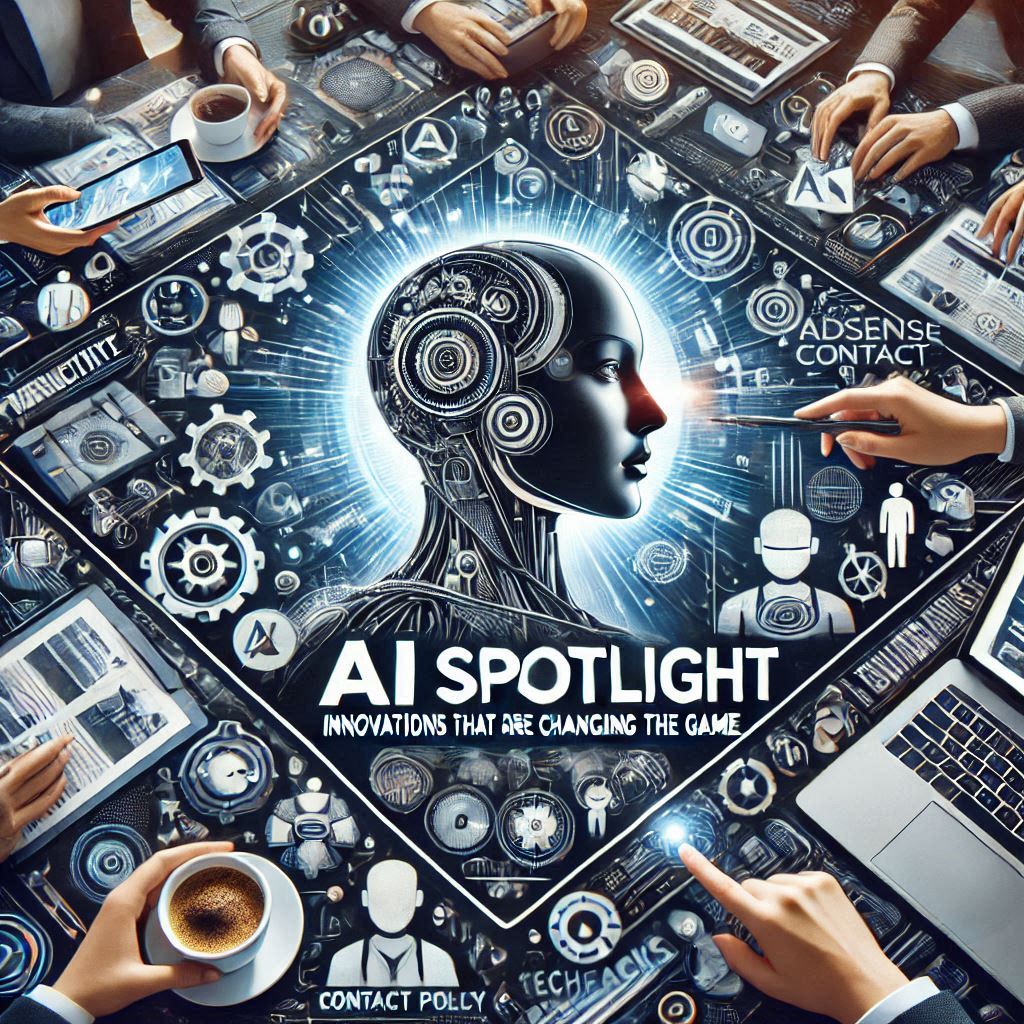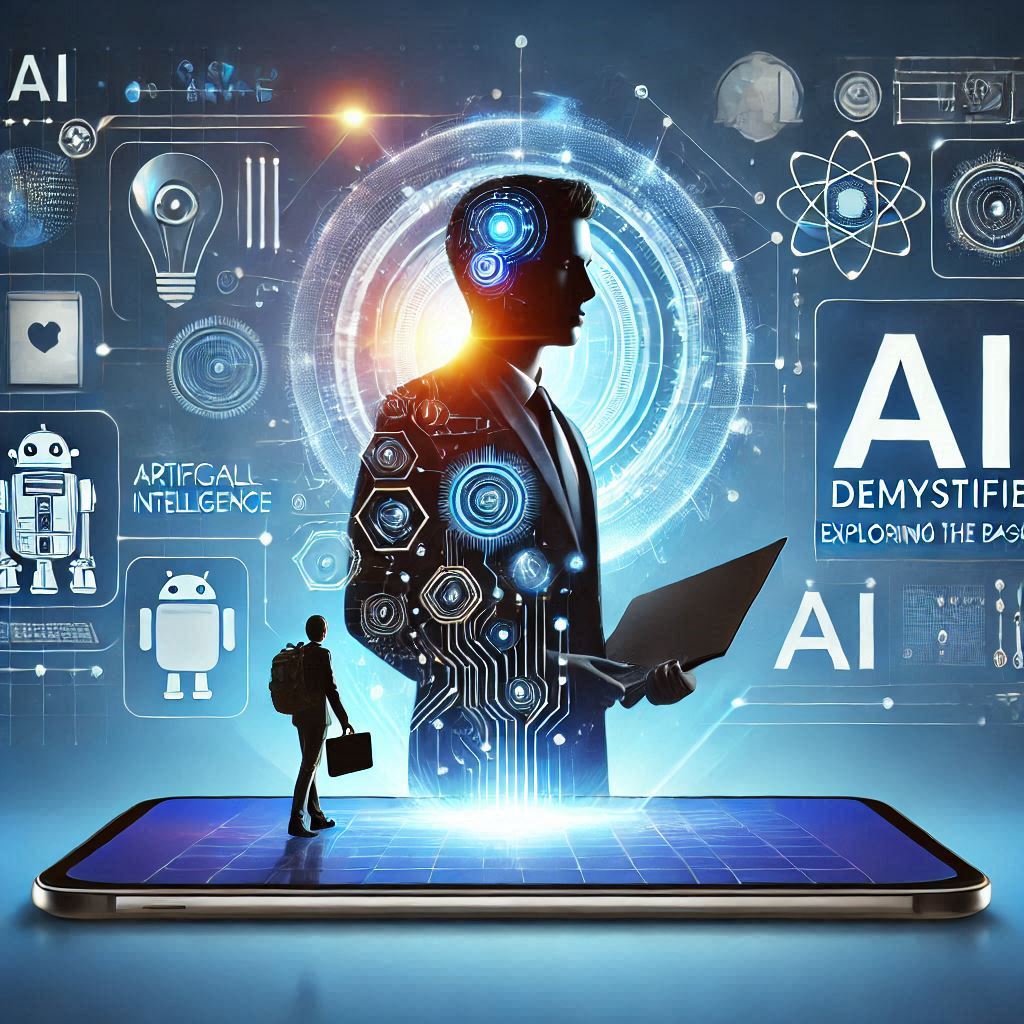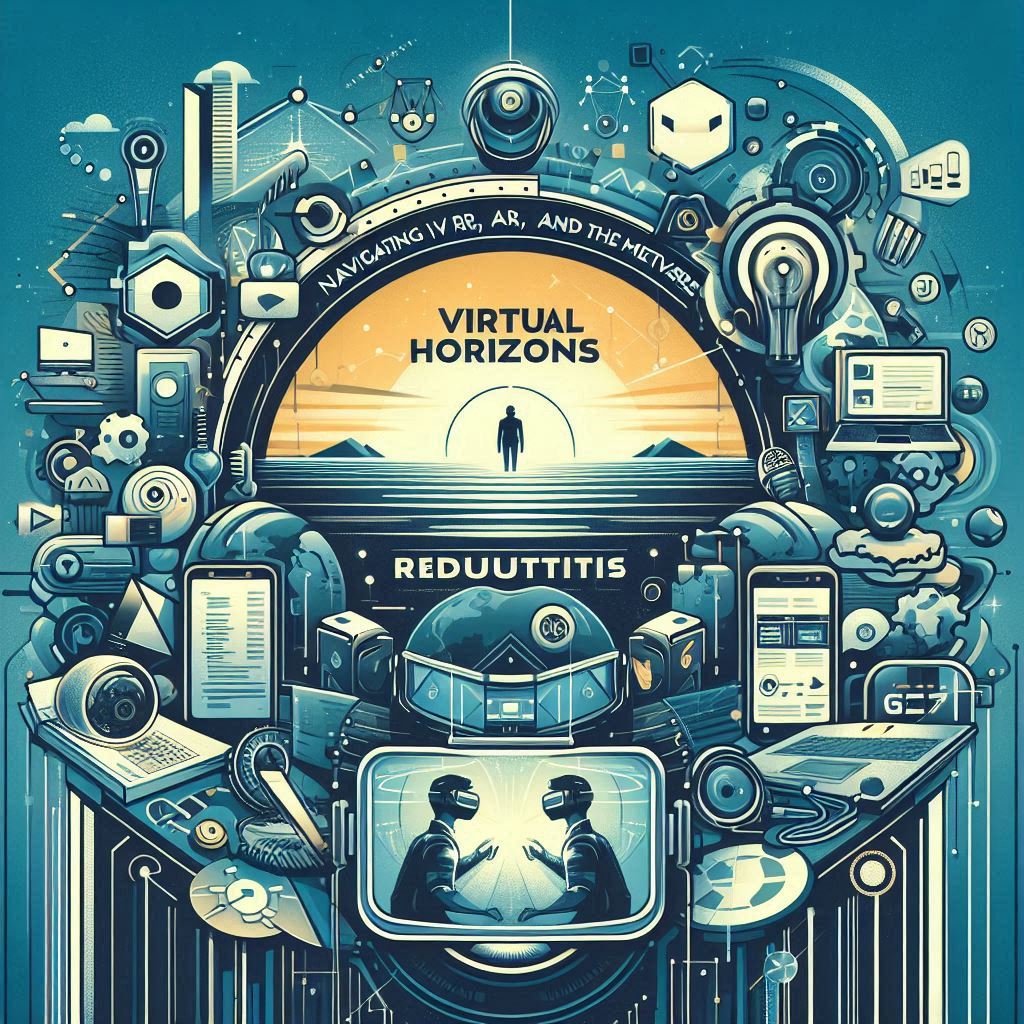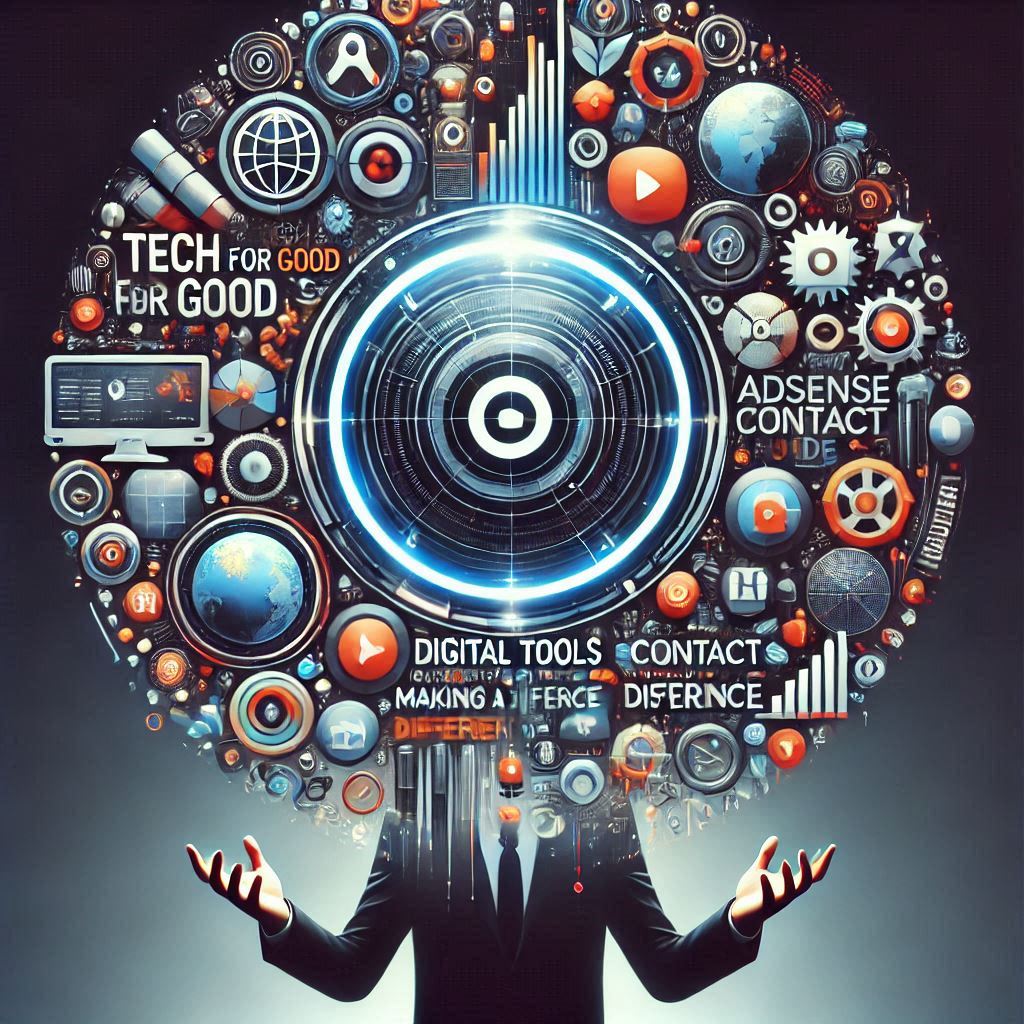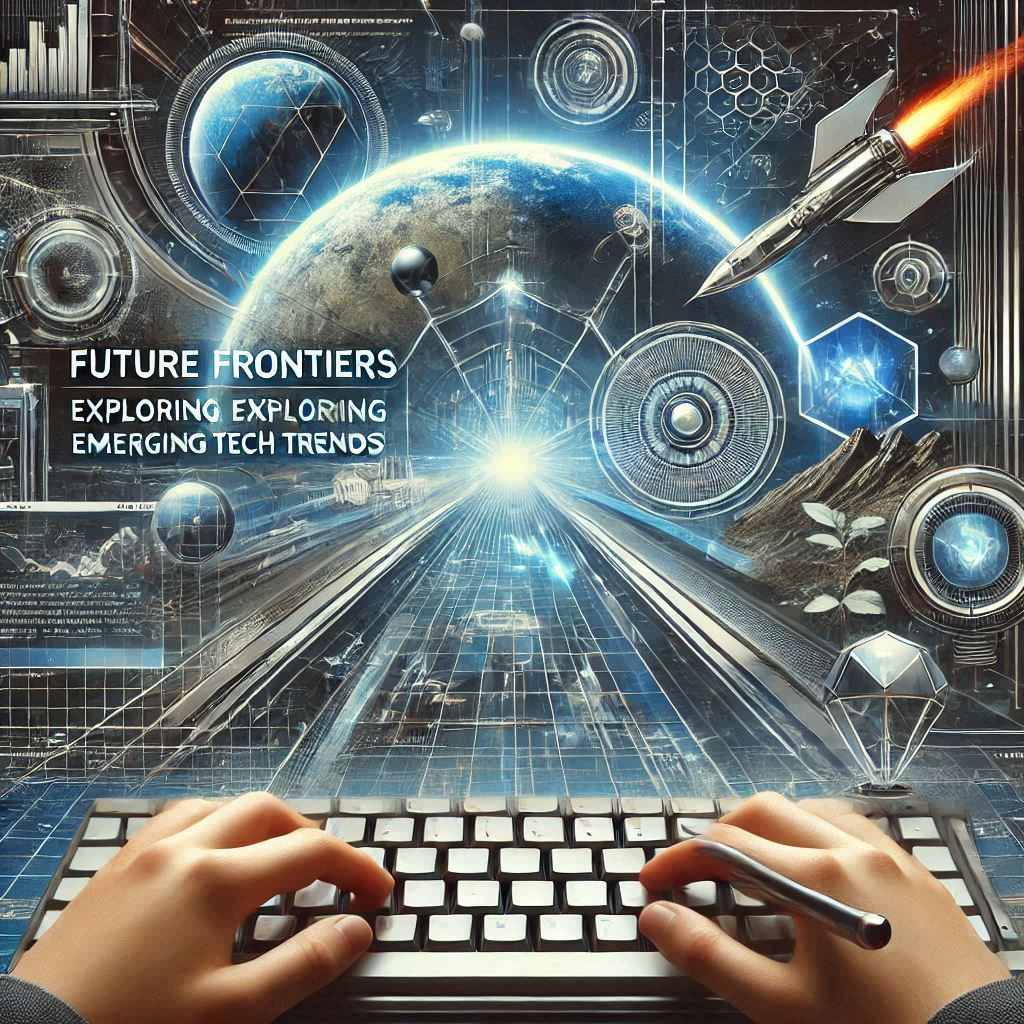Artificial Intelligence (AI) is no longer just a buzzword; it’s revolutionizing industries and shaping the future in profound ways. From healthcare and education to finance and entertainment, AI is making its presence felt across multiple sectors. As we continue to witness AI advancements, it’s clear that the technology has the potential to transform the way we live, work, and interact with the world around us. Here’s a look at some of the most exciting AI innovations that are changing the game.
1. AI-Powered Healthcare Solutions
AI is making significant strides in healthcare, enabling more accurate diagnoses, personalized treatments, and improved patient care. Machine learning algorithms can now analyze medical images and predict disease outcomes with a level of precision that rivals human experts. AI is also being used in drug discovery, where it can sift through massive datasets to identify promising compounds faster than traditional methods.
Why it matters: AI’s ability to analyze vast amounts of data and detect patterns that might be missed by humans is revolutionizing the healthcare industry. It’s leading to better outcomes, faster treatments, and cost reductions in medical care.
Applications:
- AI-powered diagnostic tools for early detection of diseases
- Predictive analytics for personalized treatment plans
- Drug discovery and vaccine development
- Virtual healthcare assistants for patient support
2. AI in Autonomous Vehicles
Self-driving cars are one of the most talked-about applications of AI, and for good reason. AI is behind the technology that allows vehicles to navigate roads, recognize objects, and make decisions in real time. From Tesla’s Autopilot to Waymo’s fully autonomous fleet, AI is paving the way for a future where cars drive themselves, making roads safer and reducing the need for human intervention.
Why it matters: Autonomous vehicles powered by AI promise to reduce traffic accidents, improve traffic flow, and revolutionize the transportation industry. This technology could change how we think about mobility and urban planning.
Applications:
- Autonomous driving systems for passenger cars
- AI-powered traffic management for smarter cities
- Autonomous trucks for freight and logistics
- In-car virtual assistants powered by AI
3. AI in Natural Language Processing (NLP)
Natural Language Processing (NLP) allows machines to understand, interpret, and generate human language. This field of AI is transforming how we interact with technology, powering voice assistants like Siri, Alexa, and Google Assistant. NLP is also used for sentiment analysis, language translation, chatbots, and even content creation, enabling machines to understand and respond to human language in more sophisticated ways.
Why it matters: As NLP technology improves, communication between humans and machines becomes more seamless, efficient, and intuitive. It opens up new possibilities for customer service, content creation, and language translation.
Applications:
- AI-powered virtual assistants and chatbots
- Voice recognition and transcription services
- Real-time language translation apps
- Sentiment analysis for market research and customer feedback
4. AI-Driven Personalization
AI is enabling businesses to deliver personalized experiences to their customers, creating targeted marketing campaigns, product recommendations, and content suggestions based on individual preferences and behaviors. Platforms like Netflix, Amazon, and Spotify use AI algorithms to analyze user data and recommend movies, products, or music that align with personal tastes.
Why it matters: Personalization powered by AI enhances user experience and customer satisfaction by offering relevant, tailored content and services. This not only increases customer loyalty but also drives higher conversion rates for businesses.
Applications:
- Personalized content recommendations (e.g., Netflix, YouTube)
- AI-powered advertising and marketing automation
- Custom product recommendations in e-commerce
- Personalized learning platforms in education
5. AI in Robotics and Automation
Robotics and AI are becoming more intertwined, with robots becoming smarter and more capable of performing complex tasks. AI-powered robots are being deployed in manufacturing, healthcare, logistics, and even the service industry. These robots can perform repetitive tasks with high precision, reduce human error, and work autonomously, increasing productivity and efficiency.
Why it matters: AI-driven robots are reshaping industries by automating mundane or dangerous tasks, reducing costs, and improving safety. As robots become more intelligent, they can take on a wider range of responsibilities, further boosting efficiency.
Applications:
- Industrial robots for manufacturing and assembly lines
- Autonomous robots for logistics and warehouse management
- Healthcare robots for surgery and rehabilitation
- Service robots in hospitality and retail
6. AI-Powered Cybersecurity
As cyber threats continue to evolve, AI is playing a critical role in enhancing cybersecurity defenses. AI-powered systems can analyze vast amounts of data, detect anomalies, and identify potential threats in real time, providing stronger protection against cyberattacks. These systems can also predict and prevent potential breaches by learning from past incidents and adapting to new threats.
Why it matters: AI improves the speed and accuracy of cybersecurity systems, helping organizations stay ahead of increasingly sophisticated cyber threats. It enhances both preventive measures and response times, keeping sensitive data secure.
Applications:
- AI-driven threat detection and anomaly monitoring
- Automated incident response and recovery
- Predictive analytics to prevent cyberattacks
- AI-powered fraud detection systems
7. AI in Creative Industries
AI is also making waves in the creative sector, assisting in tasks ranging from art and music creation to content generation. AI tools are now capable of producing original art, composing music, writing articles, and even creating deepfake videos. For example, OpenAI’s GPT-3 can write human-like text, while tools like DALL·E can generate images based on textual descriptions.
Why it matters: AI is democratizing creativity, allowing people with no formal artistic training to produce high-quality content. It’s also enabling professionals to streamline their work processes and explore new creative possibilities.
Applications:
- AI-generated art, music, and literature
- Automated video editing and content creation
- AI-assisted design tools for graphic designers
- Deepfake technology and virtual influencers
8. AI for Climate Change and Sustainability
AI is proving to be a powerful tool in the fight against climate change. AI algorithms can analyze climate data, predict environmental patterns, and optimize energy usage in various sectors. From smart grids that efficiently distribute energy to AI-driven models for carbon capture and waste management, AI is playing a significant role in driving sustainability efforts.
Why it matters: AI can help us mitigate the effects of climate change and reduce our carbon footprint by enabling more efficient energy usage and more accurate environmental monitoring.
Applications:
- AI-powered energy management in smart grids
- Climate modeling and forecasting using AI algorithms
- AI-driven solutions for waste management and recycling
- Carbon capture and emission reduction technologies
9. AI in Finance and Fintech
AI is revolutionizing the finance industry by providing better insights, faster decision-making, and improved risk management. Machine learning models can predict market trends, detect fraud, and optimize investment strategies. AI-powered chatbots and virtual assistants are also enhancing customer service by offering instant responses to financial queries.
Why it matters: AI is making financial services more accessible, efficient, and secure, allowing individuals and businesses to make smarter financial decisions and improving the overall stability of the financial sector.
Applications:
- AI-driven investment analysis and portfolio management
- Fraud detection and risk management in banking
- AI-powered customer service through chatbots
- Predictive analytics for credit scoring and loan approvals
Conclusion
AI is undoubtedly changing the game across a wide range of industries, driving innovation, improving efficiency, and opening new possibilities for businesses and individuals alike. From healthcare and autonomous vehicles to cybersecurity and creative fields, AI is transforming the way we interact with technology and the world around us. As these AI advancements continue to evolve, we can expect even greater innovations that will shape the future of our society.
